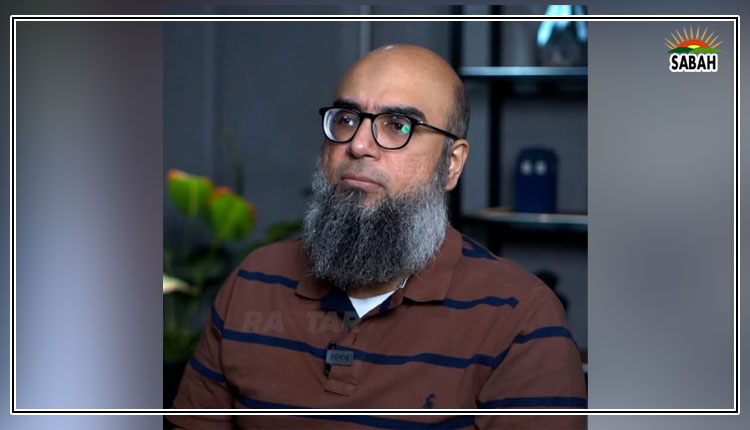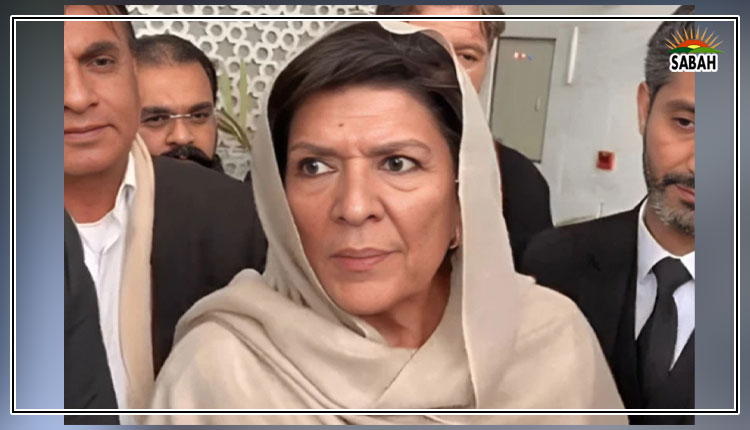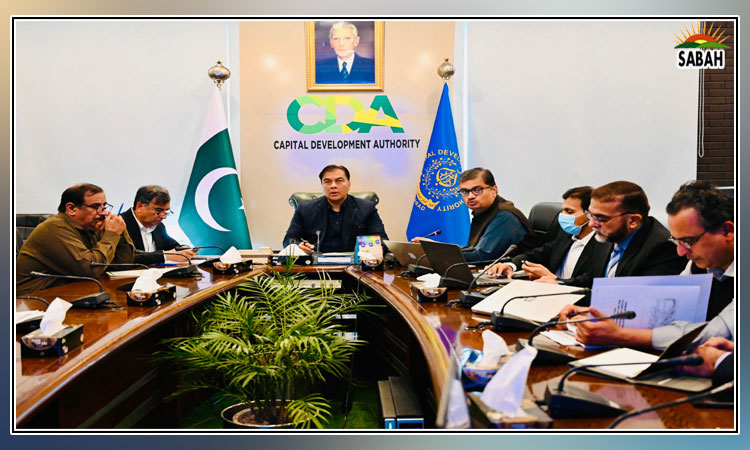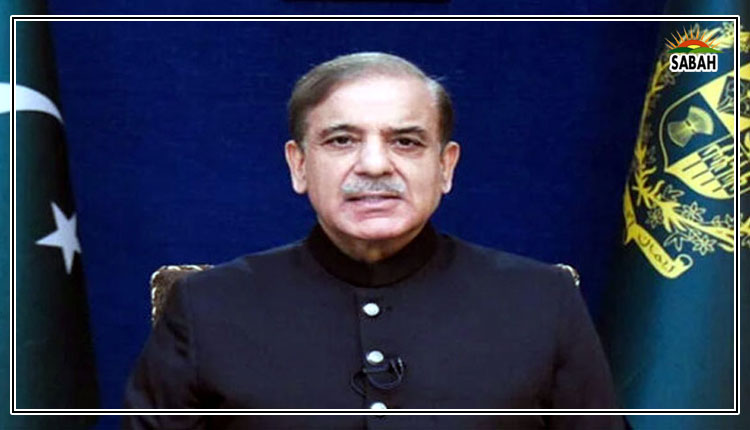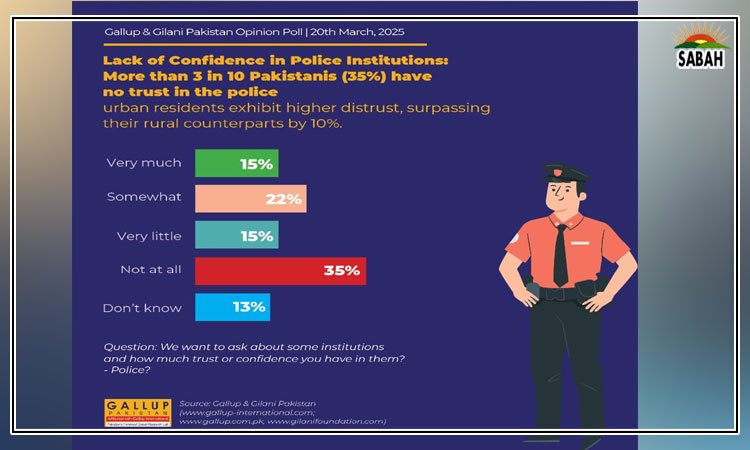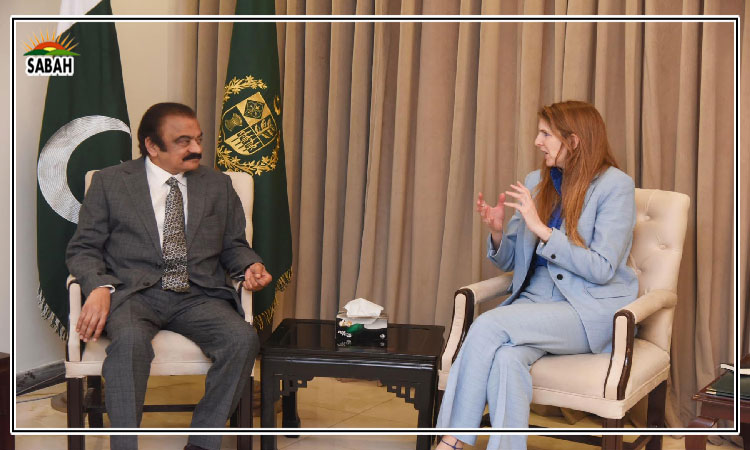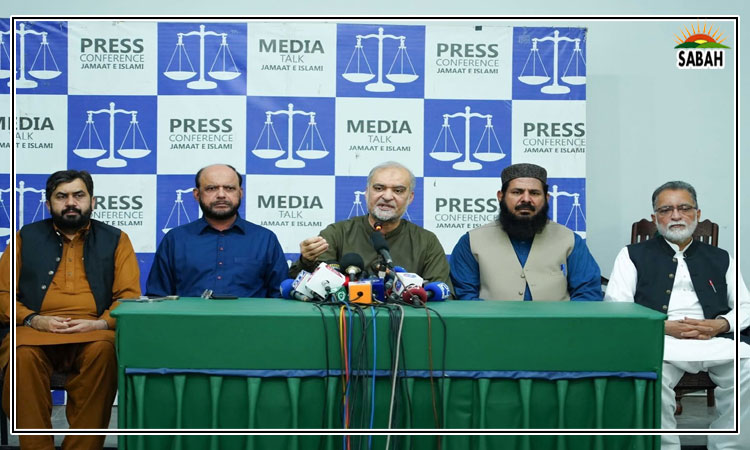The NOTA option … Naeem Sadiq
TO run short of dollars is bad. To run out of ideas is worse. Pakistan could have explored numerous ideas of improving the quality of its future leaders. Providing the ‘none of the above’ voting option could be one such progressive step. This article will explain why citizens ought to have been given the NOTA option for the next elections.
The current leaders of the three main political parties suffer from eight critical shortcomings that should make citizens rethink their options. First, the existing contestants continue to carry the legacy of an obsolete past.
They have not been able to liberate themselves from orthodox ideas, personal animosities, narrow worldviews, umrah at state expense and a lifetime of scientific illiteracy. They still live in a world of affidavits, photocopies, and Grade 17 attestations. They do not have the tools, scientific skills or rationality to navigate the nation’s complex future challenges.
Second, none of our current contestants have ever had the wisdom or integrity to accept responsibility for their failures. Blaming and scapegoating previous governments, other parties or institutions, they appear to have learnt nothing from the past. Never once have we heard a leader stand up and admit, ‘I failed, I apologise, I quit’.
Third, we must be wary of leaders who only believe in ‘management by personal loyalties’ or ‘management by appeasement of a selected few’, instead of management by building institutions. Massively raising the salary and perks of senior government officials and doling out billions as discretionary funds are just two examples of this bribe-laden governance style.
Leaders in Pakistan suffer from critical shortcomings.
Fourth, it would be suicidal for Pakistan to have a future leader who has no clue about the total fertility rate or any other statistics regarding our runaway population. No existing leader has tackled this issue in previous tenures, nor is it a part of their future agenda. Pakistan is doomed without urgent population management measures and the current contestants with their orthodox beliefs and short-sightedness will only accelerate this disaster.
Fifth, it will be calamitous to elect the same leaders whose policies and lack of concern have led over 28 million children to drop out of school. They have no ideas about how to provide decent schools to all children, how to reform existing schools or how to enhance skills, learning agility, work ethic, and creativity in education. Why must we vote for leaders who will neither slow down the pace of 17,435 new babies arriving every day nor enable decent schooling for the ones already there?
Sixth, why must one vote for leaders who have done nothing to mitigate the plight of thousands of sanitation workers (some 20pc of them children) who sweep the streets of Karachi for Rs15,000 per month, against a minimum wage of Rs32,000?
Why vote for leaders who are blind to a million or so private security guards, working 12 hours a day but being paid a third of the legal minimum wage? Why vote for the same leaders who never lifted a finger for thousands of railway coolies who surrender a third of their daily earnings to blood-sucking railway contractors? Why must Pakistanis vote for leaders who, instead of stripping the elite of its padded perks and pensions, will promote disparity by pampering the rich and pulverising the poor?
Seventh, the current rulers have no interest or capacity with regard to undertaking serious fiscal steps, such as imposing agriculture tax, carrying out pension reforms, making all citizens file tax returns or enabling a documented economy. Even the little that is done half-heartedly is done under the pressure of donor agencies.
Lastly, these are the same leaders who stuff thousands of employees in government departments and promote hundreds of senior bureaucrats as political favours. For every government department we compared, in terms of human resource, with government departments in developed countries, we found the Pakistani ones overstaffed at least five times.
Consider a recent ‘right to information’ request by a citizen. It revealed that our Supreme Court operates with 16 honourable justices and 687 regular employees. An identical RTI request to the UK supreme court revealed that the 12 justices of the latter are served by 64 regular employees only.
No contesting leader understands the extent of dysfunctionality created by our bloated government and overcrowded departments. We need leaders who will deconstruct this huge bureaucratic mountain and create a lean, efficient, and digital government structure. Pakistanis could learn much about the benefits of NOTA from the Dakota Indian tribes, who believed that, “When you discover that you are riding a dead horse, the best strategy is to dismount.”
The writer is an industrial engineer and a volunteer social activist.
naeemsadiq@gmail.com
Courtesy Dawn, December 29th, 2023


